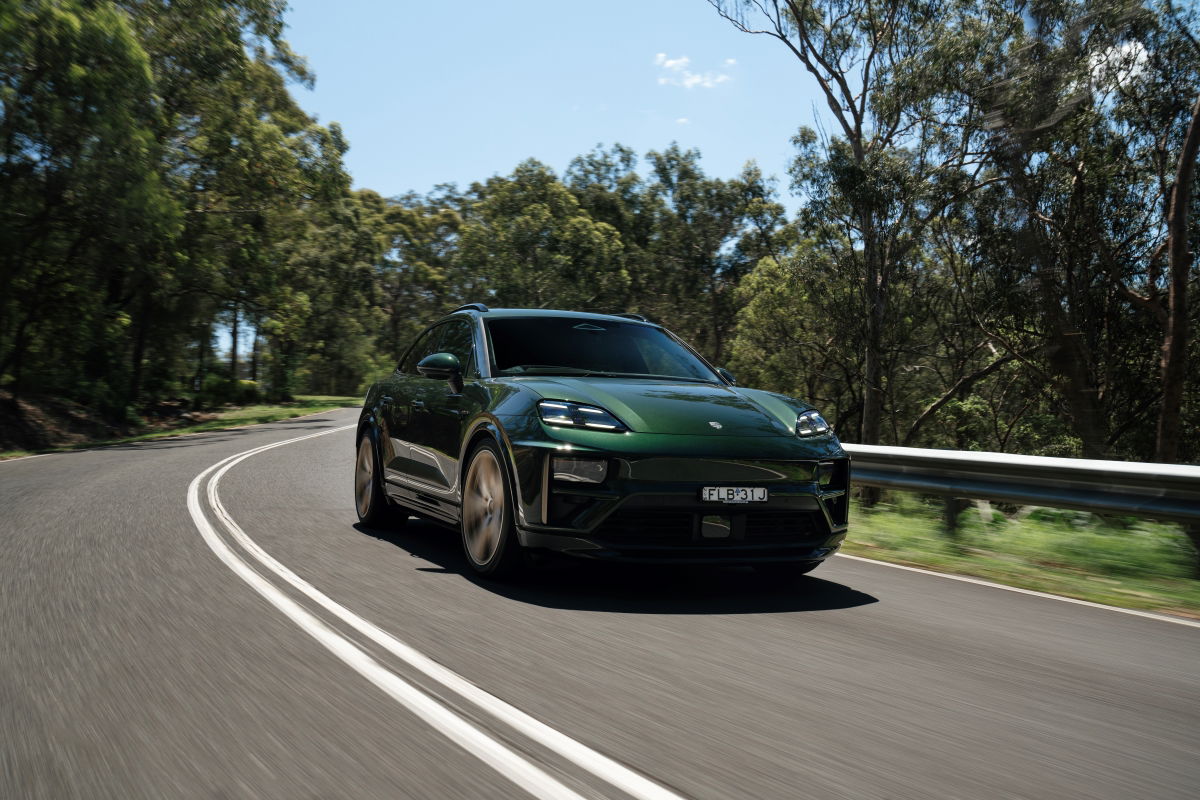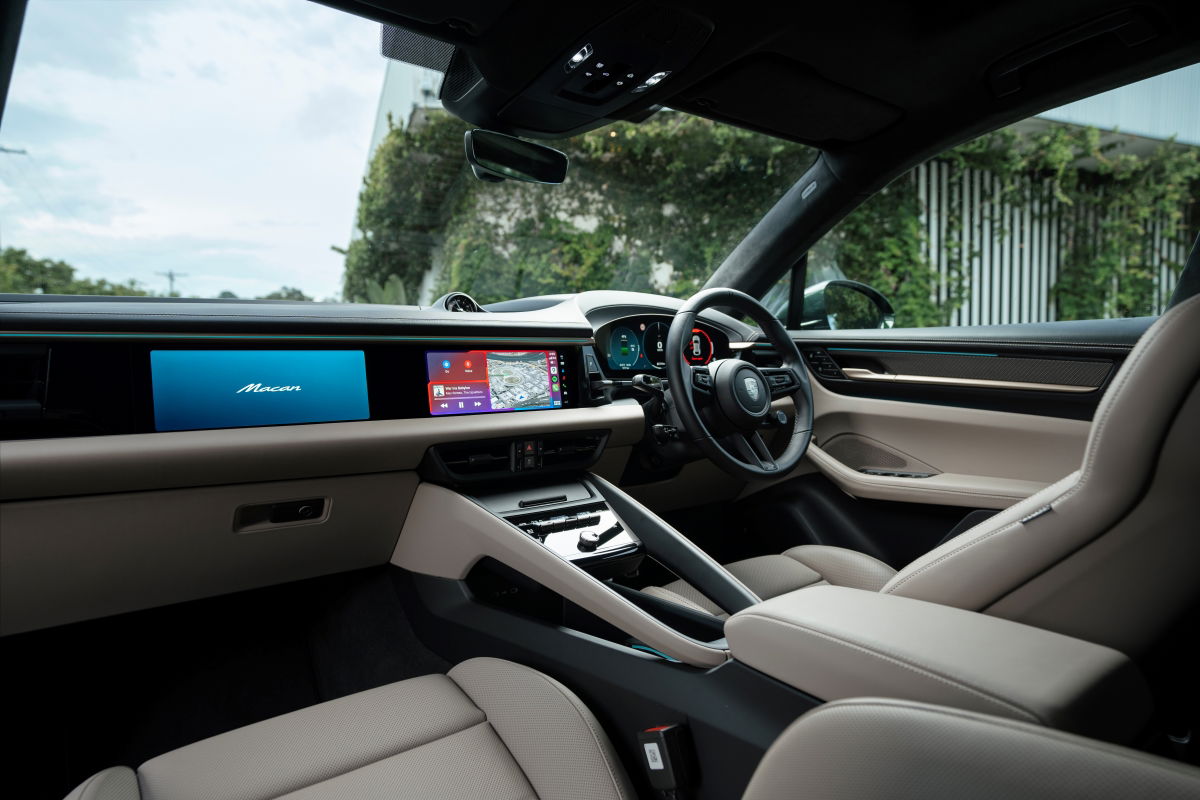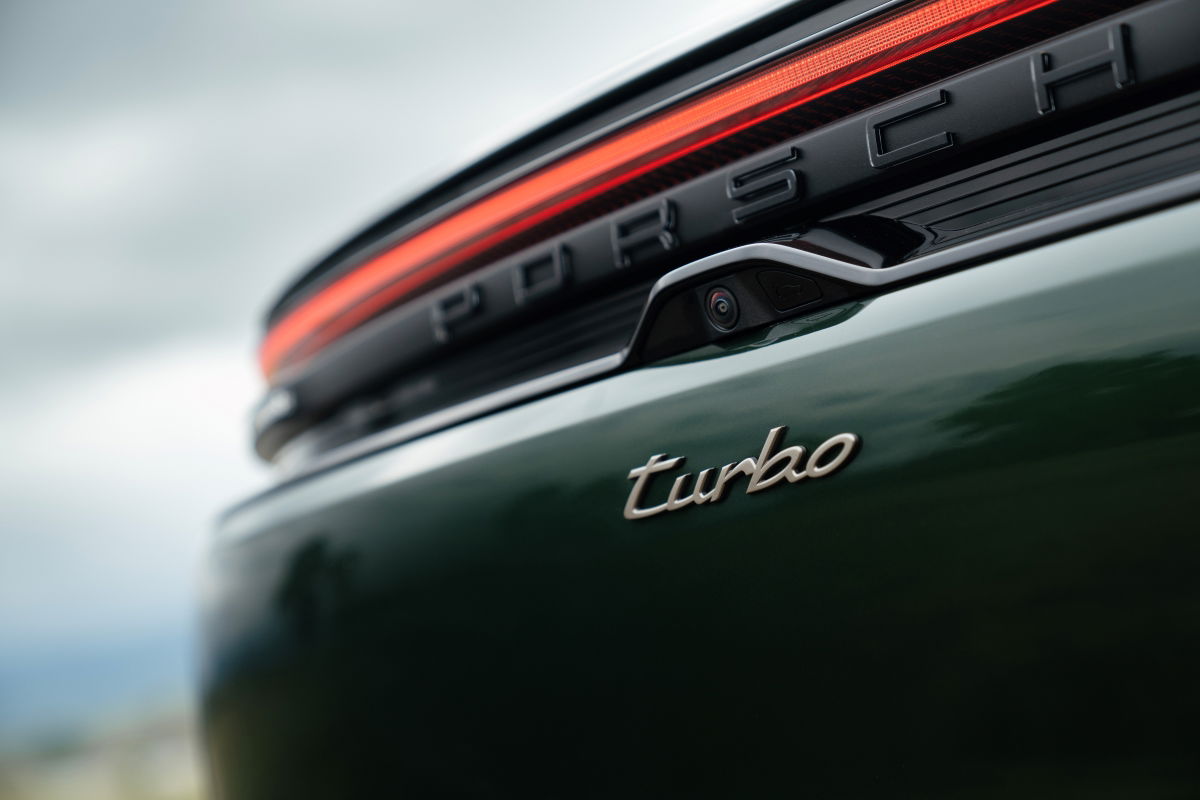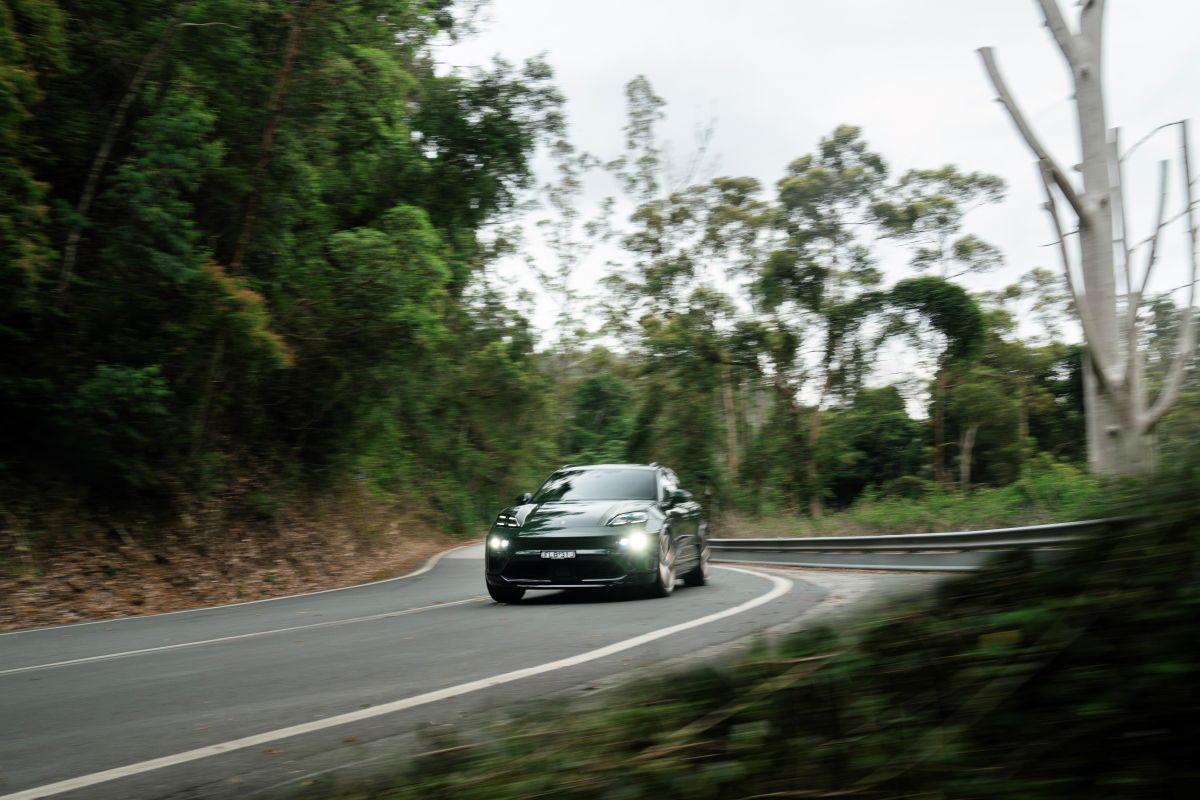
I’ll be honest right from the start, I did not understand why Porsche wanted us to spend all day at a racetrack with its new Macan.
For starters, the Macan is an SUV. But not only an SUV it’s Porsche’s smallest SUV, so hardly a ‘track car’ in the usual sense for the brand. But, on top of that, this latest Macan model is all-new in every sense of the word. The only elements that are the same as the out-going Macan is the name and the fact it’s a mid-size SUV.
READ MORE: No more – end of the road for popular Porsche
That’s because the new Macan is all-electric, sitting atop the newly developed Premium Platform Electric (PPE) that the Volkswagen Group has big plans for in its electric future (or should that be ‘had’ big plans for? More on that later…). This makes it a major gamble for Porsche, not only because electric vehicles are struggling to really break through, but because it means a major price jump for the Macan, which undercuts what is undoubtedly a major selling point for it – relative affordability. At $95,100 the out-going Macan is the most affordable Porsche you can buy today, but the new electric version (which isn’t due to arrive until 2025) will start at $128,400, which increases the cost of entry to the Porsche family by more than $33,000.

That could potentially have a major impact on Porsche’s bottom line if it means people simply cannot afford to make the big jump up in price. There’s certainly no shortage of alternatives from the likes of Audi, BMW, Mercedes-Benz and the other premium brands, so if buyers find themselves priced out of the Porsche line-up they’ll simply have to look elsewhere.
READ MORE: Unplugged – why we may not go all-electric after all
The good news for Porsche is for those who can make the financial leap upwards, the new Macan is a great SUV – regardless of what powers it. Afterall, it’s a Porsche SUV, it’s not really designed for outback treks, this is a performance SUV for the urban buyer and on that front it makes a strong case for itself.
Like I said at the start, I wasn’t quite sure why Porsche felt the need to bring us to a racetrack to drive its mid-size SUV, but I’m glad they did. We spent the day at the Norwell Motorplex on the Gold Coast testing out its launch control, its handling and its ability to drift.
Unsurprisingly, it’s incredibly rapid off the mark, launching from 0-100km/h in a claimed 3.3 seconds and doing so with impressive consistency. I’ve written this before about EVs, but personally I find the acceleration sickening at times, it’s just so easy to go so quickly it can make your head spin.

Next up came a handling course and if there was any concern that this new Macan would be dulled by its switch to electric that was quickly dismissed. This is a Porsche and Porsches must handle well otherwise it just would feel right. The steering is remarkably accurate and the Macan responds with an urgency few SUVs can match.
Our final test, before we hit the road, was a crack at Norwell’s infamous skid pan, and while we used a turntable to help tip us into a slide, that was just Porsche being kind on us and the car. With 1130Nm the Macan Turbo has no trouble breaking into a drift on a wet surface (or probably a dry surface for that matter) and once you’re sliding the tail it’s surprisingly easy to hold steady thanks to its responsive chassis.
Having been suitably impressed on track we spent more time sampling the Macan Turbo on the road and once again its handling shone through. Quite simply, the new Macan does everything the old Macan did but better (except for making noise, but frankly none of the old Macan engines sounded particularly iconic).
All of which brings us back to the gamble Porsche is making – can it convince buyers (who can afford it) to give the electric Macan a chance?

It appears to be a bigger challenge than even Porsche expected when it decided to go down this path. Volkswagen Group originally announced that the PPE architecture would be used across a variety of Porsche and Audi models, only then change plans and switch to what it calls ‘Scalable Systems Platform’ (SSP) which would expand across the broader Volkswagen Group. Porsche announced it would transition its 718, Cayenne and Panamera models to electric power by the end of the decade and introduce a new, range-topping SUV (codenamed ‘K1’) that would also be electric; leaving the 911 as the only petrol-powered Porsche.
The problem with this massive expansion plan for Volkswagen Group generally and Porsche specifically is… people don’t want electric cars. Or, at least, not at the same rate of uptake the German brands expected when they made these plans.
EV demand has cooled around the globe as buyers simply aren’t ready to make the switch from internal combustion. Don’t take my word for it, either, Porsche’s own chief financial officer Lutz Meschke, who recently admitted it is a major challenge.
“A lot of customers in the premium and luxury segment are looking in the direction of combustion-engined cars, there’s a clear trend,” Meschke said.
Aside from the financial challenges, there’s no reason on the driving front that the Macan can’t buck this trend. But only time will tell if this gamble pays off for Porsche, but it was a gamble to put it to the test on the track and it passed that with flying colours.
Tell us what you think: Would you switch to electric for better performance?












Discussion about this post